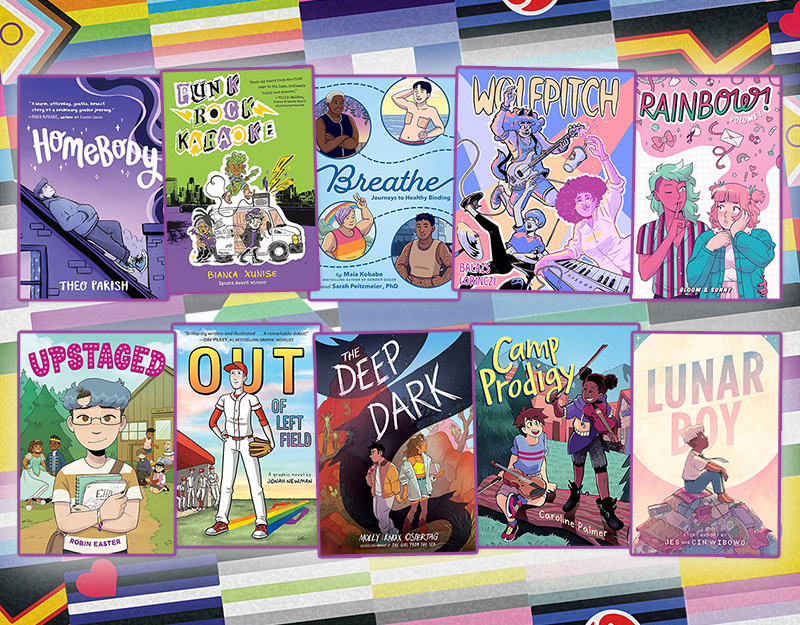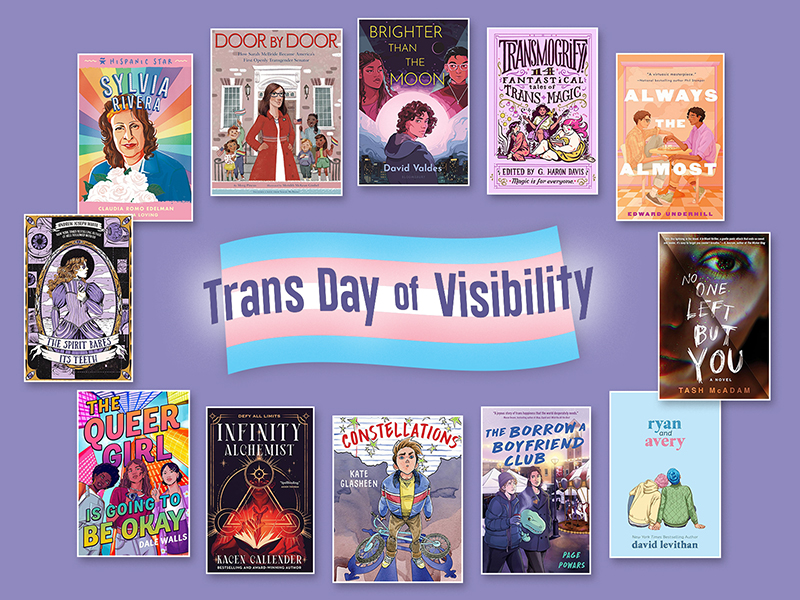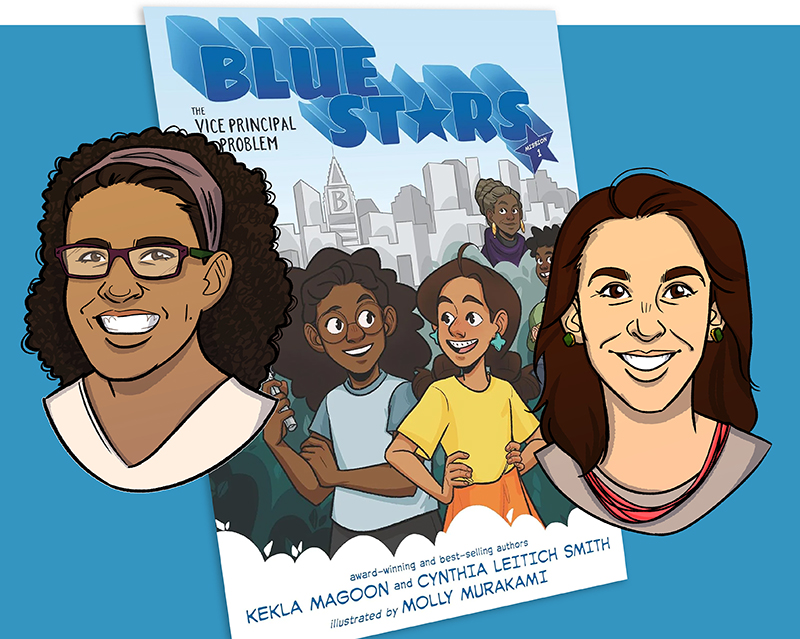Public Libraries
As we find ourselves at the midway point of June, amidst the celebrations of Pride Month, it's an opportune time to reflect on the rich tapestry of narratives within the LGBTQIA+ community with 15 noteworthy graphic novels that can help us celebrate Pride this month, and year-round.
Serving on a committee or thinking about it? Consider these eight best practices from a seasoned pro.
A panel of seasoned librarians share their expertise, strategies, and passion for manga collection development in a "PowerPoint Party" tailored specifically for libraries. Register to join the live program May 17.
From elementary books to young adult titles—across various genres and formats—these 12 recent releases elevate voices and showcase the multifaceted experiences within the trans and nonbinary community.
Co-authors Kekla Magoon & Cynthia Leitich Smith in conversation about the inspiration behind The Blue Stars Series: Mission One: The Vice Principal Problem: "When we set out to write a middle grade graphic novel series about cousins who became superheroes to save their school library, we couldn't have imagined how timely our story would become."
Librarians, individuals, and grassroots organizations are on the offensive against censorship attempts.
In this Banned Books Week edition of News Bites, the New York Public Library has launched a teen-focused "Books for All" campaign; EveryLibrary Institute and Book Riot release the results of their Parent Perception Survey; PEN America, NCAC, and ALA offer resources.
Ariana Grande, Guillermo del Toro, Padma Lakshmi, Roxane Gay, Gabrielle Union, Sandra Cisneros, Amanda Gorman, Margaret Cho, and Ron Perlman are among the upwards of 175 public figures who signed an open letter calling on creative communities to leverage their voices to stop book bans.
The free online course for high schoolers features a powerful list of guest speakers, including author Ashley Hope Pérez, Girls Who Code founder Reshma Saujani, and student activist Jack Petocz.
ALREADY A SUBSCRIBER? LOG IN
We are currently offering this content for free. Sign up now to activate your personal profile, where you can save articles for future viewing








